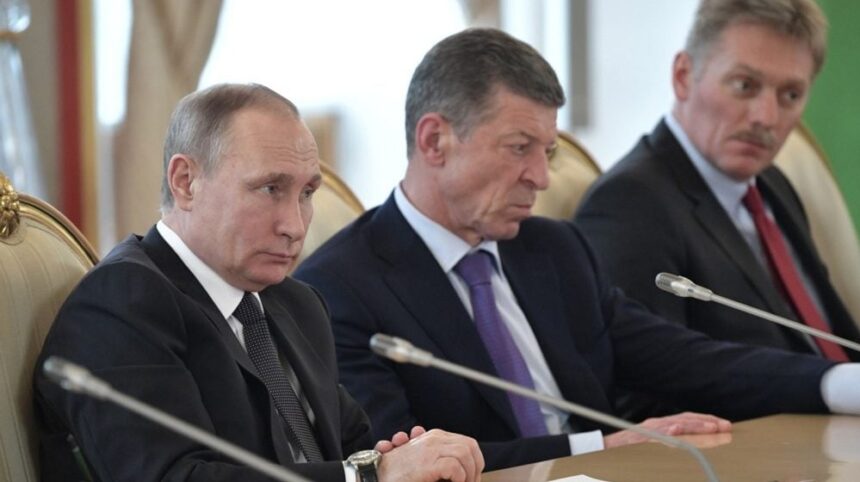The Kremlin confirmed on September 18 the resignation of Dmitry Kozak, a longtime close associate of President Vladimir Putin and deputy head of his administration.
According to Kremlin spokesperson Dmitry Peskov, Kozak resigned voluntarily, with his departure becoming official on September 19, Russian agency Interfax reported.
Kozak’s Opposition to the War
The New York Times previously reported that Kozak had privately advised Putin not to launch the war in Ukraine in 2022, warning of a strong Ukrainian resistance and severe consequences of a full-scale invasion.
Earlier this year, Kozak allegedly presented a plan to end the war and initiate domestic reforms, though his proposals did not gain traction.
While his resignation was not unexpected, it has raised new questions about the future of Russia’s war in Ukraine.
Career Path and Rise in Power
Born in 1958 in Ukraine’s Kirovohrad region, Kozak moved to Leningrad (today’s St. Petersburg) for his studies. Like many from Putin’s inner circle, he worked with him in the city administration during the 1990s under then-mayor Anatoly Sobchak.
In the early 2000s, Putin brought Kozak to Moscow, entrusting him with senior government posts. Over the years, he became known as an “effective manager” with strong organizational skills.
Kozak played a key role in overseeing the integration of Crimea into Russia after the 2014 annexation, primarily through infrastructure projects. Later, he became deeply involved in the Minsk peace process before the 2022 full-scale invasion.
A “White Crow” in the Kremlin
Despite his reputation, Kozak’s influence diminished after 2022, as his responsibilities shifted to Sergei Kiriyenko, another powerful figure in Putin’s administration.
Analysts suggest that Kozak became a “white crow” in the Kremlin – one of the few who dared to raise concerns with Putin.
“He simply no longer fit into what the Kremlin had become,” said journalist Andrey Pertsev from the independent Russian outlet Meduza.
Political analyst Tatiana Stanovaya added that Kozak’s exit is a logical outcome of the end of the Minsk process, leaving him with no significant role.
The Final Break with Putin
Although Putin offered him a new position as his official representative in Russia’s Northwestern Federal District, the move was seen as a demotion for a man of Kozak’s status.
“It wasn’t a humiliating offer, but certainly a downgrade,” Pertsev explained.
Kozak refused the post and is now reportedly preparing to transition into the business sector, ending a 30-year career in the highest levels of Russian power.
While his departure is unlikely to change Russia’s strategy in Ukraine, it marks the exit of one of the last Kremlin insiders willing to express doubts to Putin.







